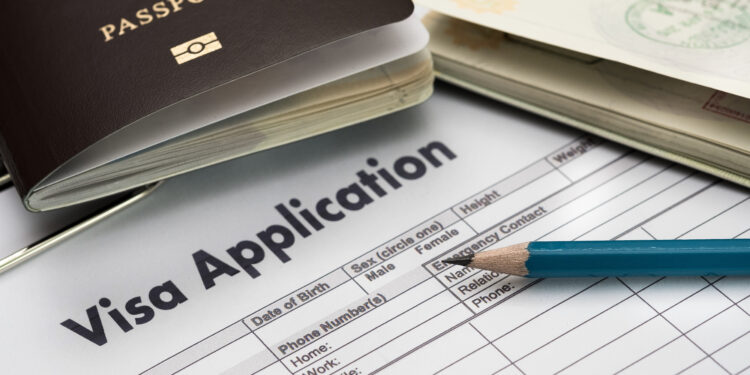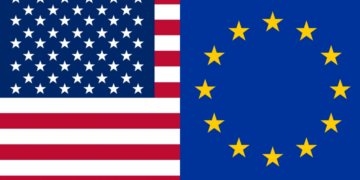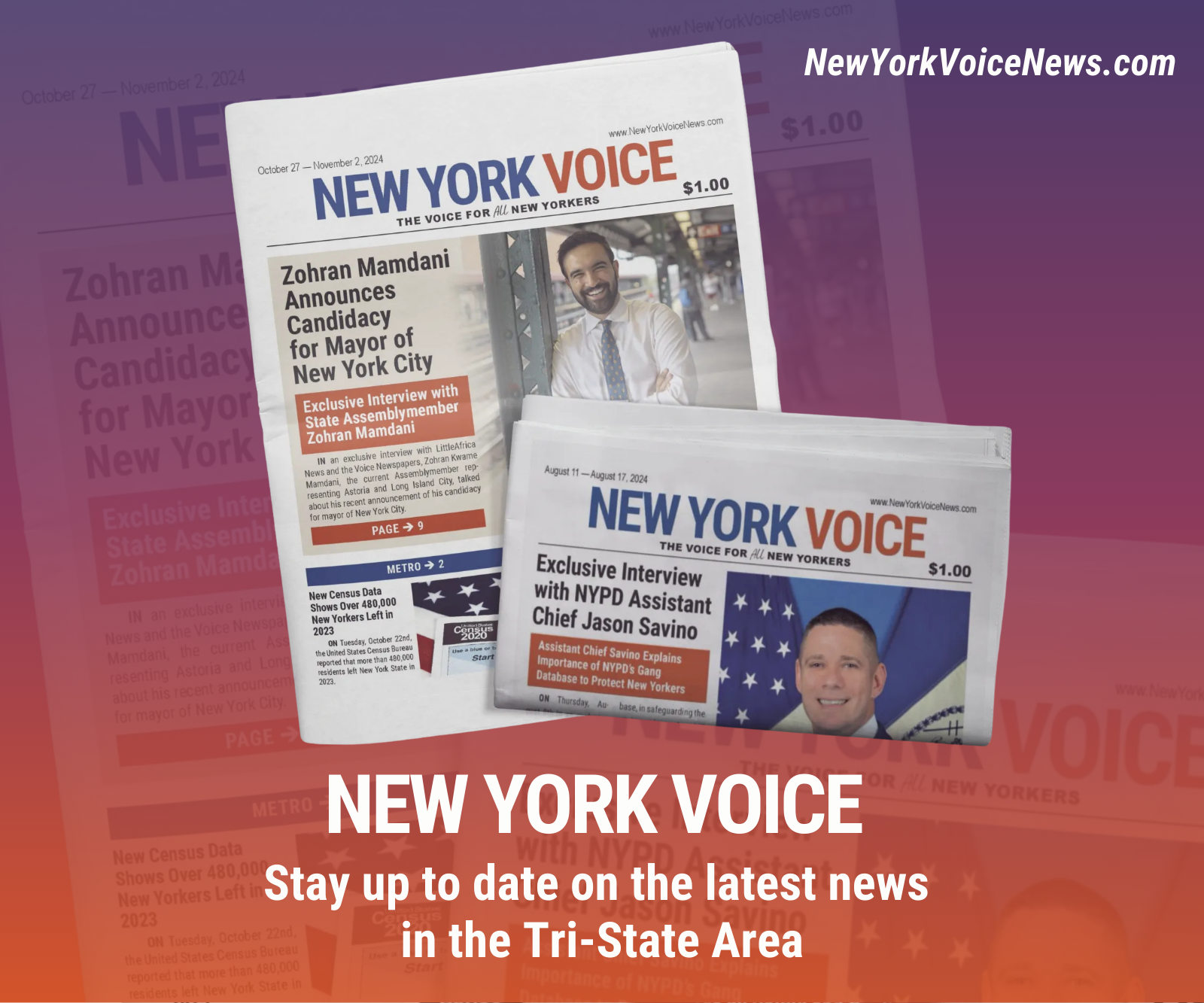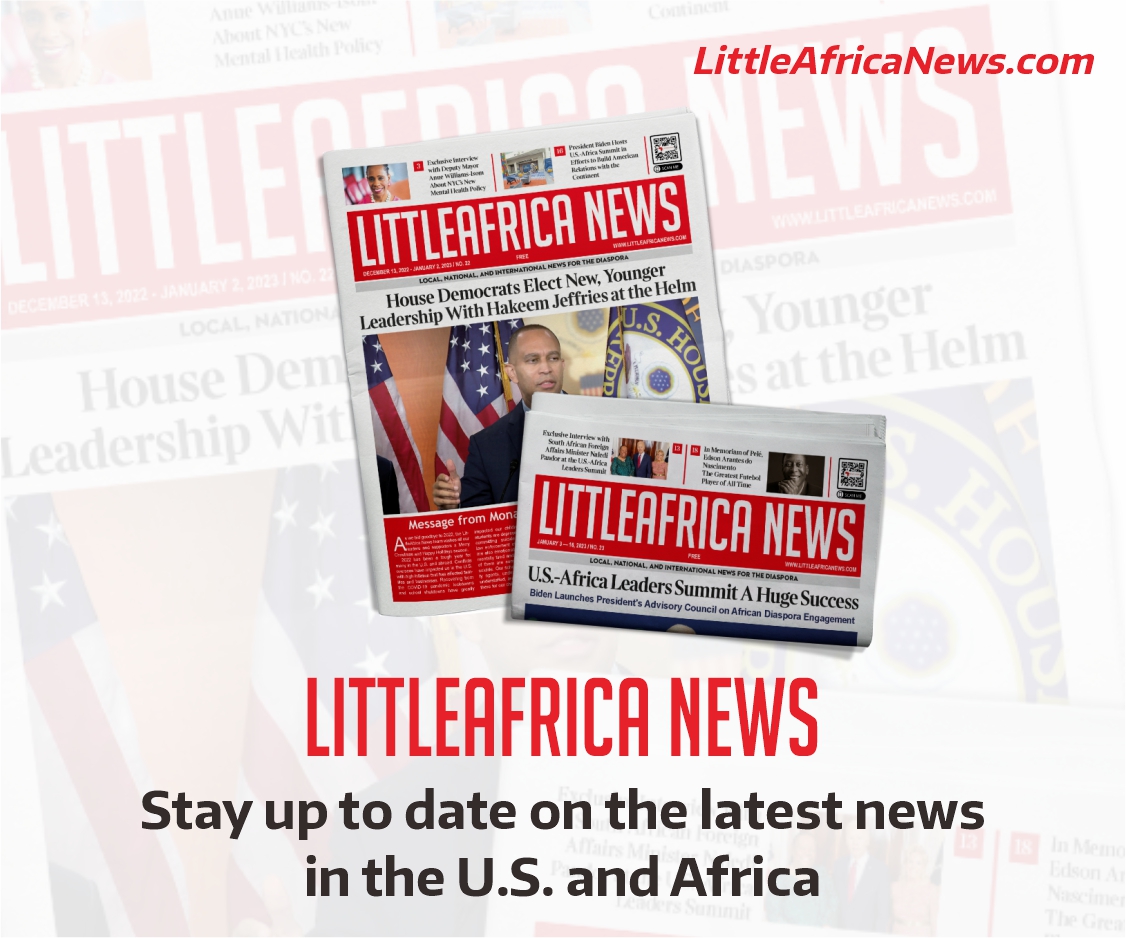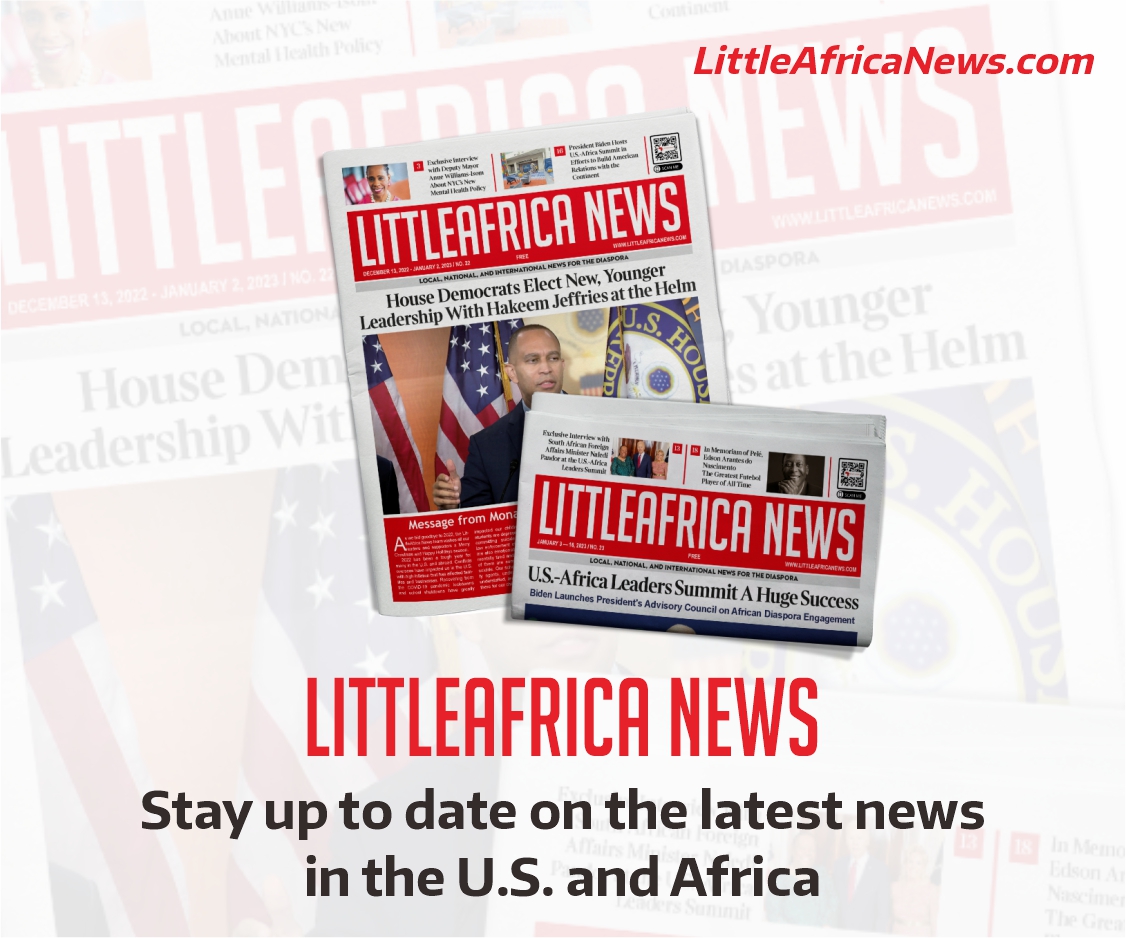The Trump administration is evaluating a proposal to widen the U.S. travel ban to include 36 additional countries, according to a State Department memo released on Sunday, June 15th.
This proposed expansion follows a previous directive issued on June 4, which imposed travel restrictions on 12 countries. Officials say the policy aims to enhance national security by ensuring foreign governments meet U.S. requirements for identity verification and cooperation with deportation procedures.
Countries that don’t meet U.S. standards within 60 days could face full or partial entry bans. The criteria include secure ID documents, passport integrity, and cooperation in taking back deportees. Other concerns include terrorism, antisemitism, corruption, and anti-American activity. The push to expand the ban reportedly gained momentum after an Egyptian national was accused of a terror attack in Colorado.
The countries currently under review include Angola, Antigua and Barbuda, Benin, Bhutan, Burkina Faso, Cabo Verde, Cambodia, Cameroon, Côte d’Ivoire, the Democratic Republic of the Congo, Djibouti, Dominica, Egypt, Ethiopia, Gabon, The Gambia, Ghana, Kyrgyzstan, Liberia, Malawi, Mauritania, Niger, Nigeria, Saint Kitts and Nevis, Saint Lucia, São Tomé and Príncipe, Senegal, South Sudan, Syria, Tanzania, Tonga, Tuvalu, Uganda, Vanuatu, Zambia, and Zimbabwe.
Secretary of State Marco Rubio signed the memo, which explains that a country may be added to the ban if it fails even one critical requirement. Meeting every risk factor isn’t required. The expanded restrictions won’t apply to those who already hold valid U.S. visas.
The proposal reflects Trump’s earlier immigration stance, including the 2017 travel ban on several Muslim-majority countries. That ban was challenged in court but upheld by the Supreme Court in 2018. Officials say the expanded restrictions are needed for national security. Final decisions on the 36 countries will follow the 60-day review.




